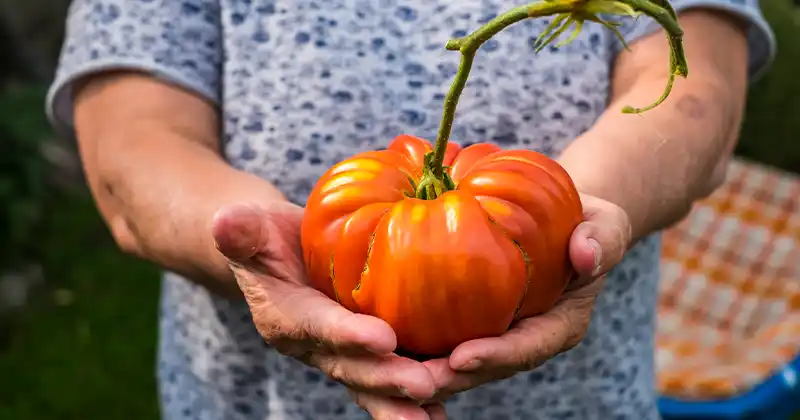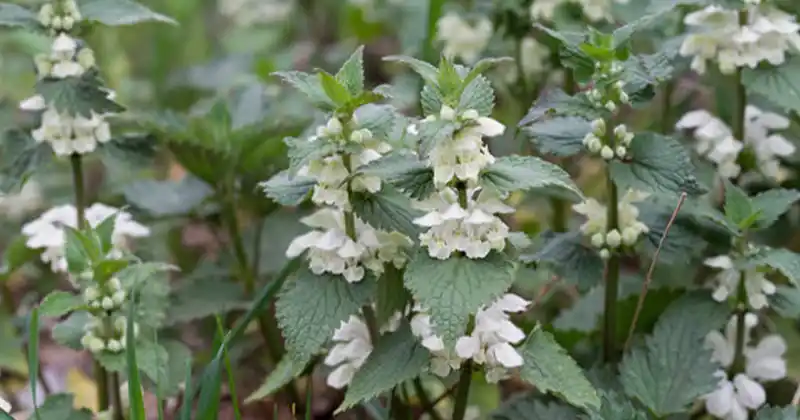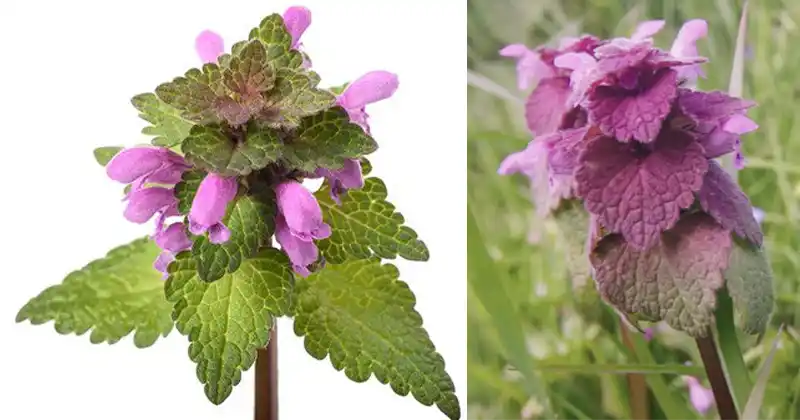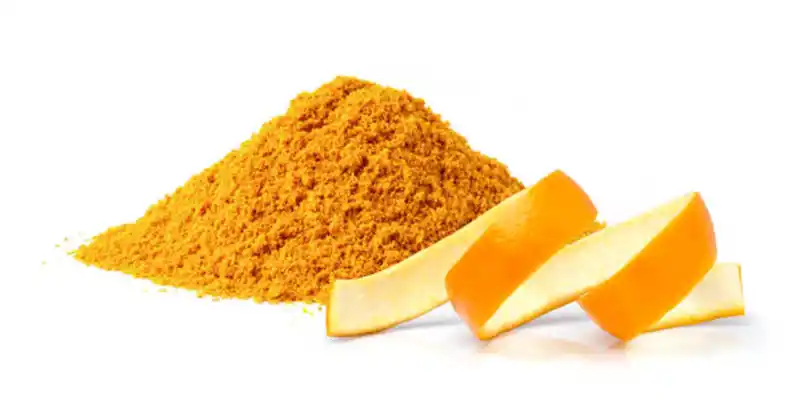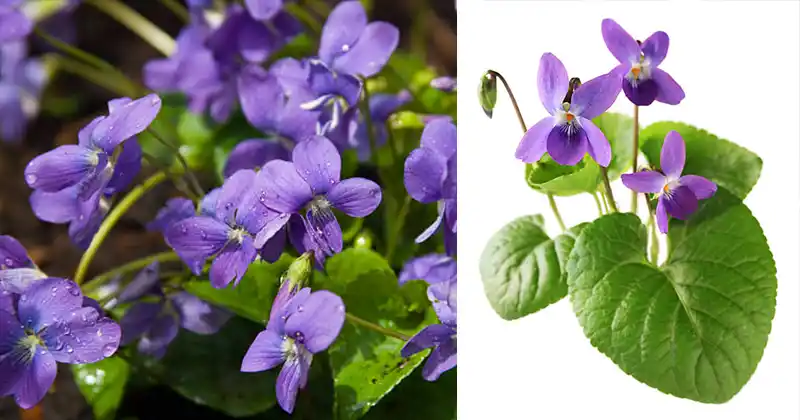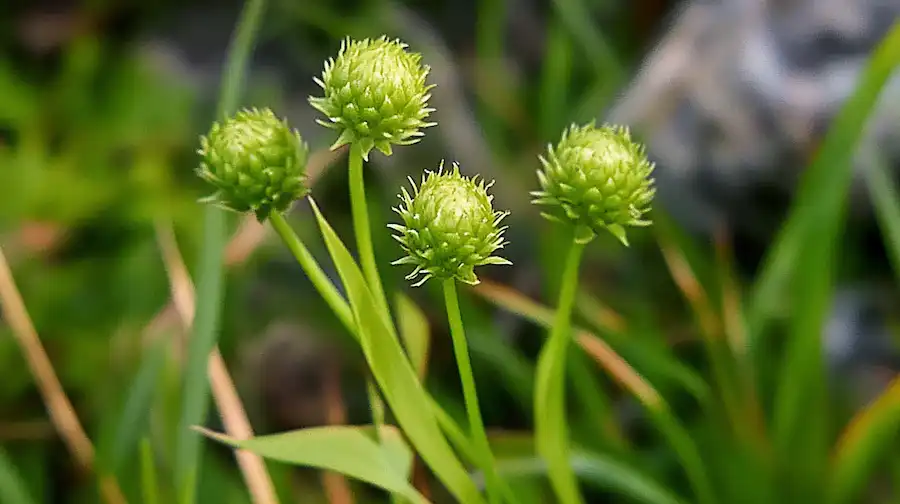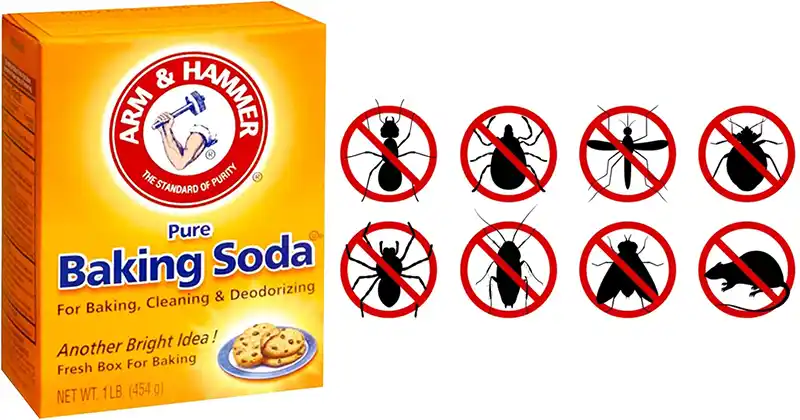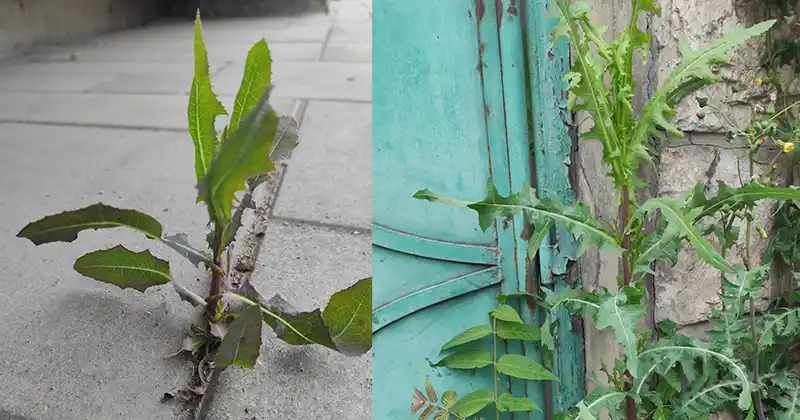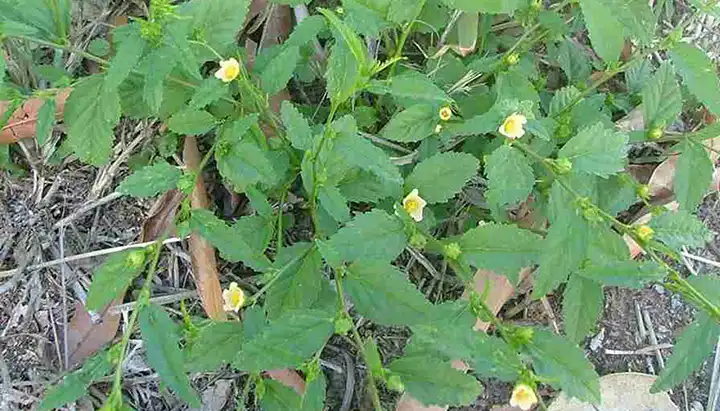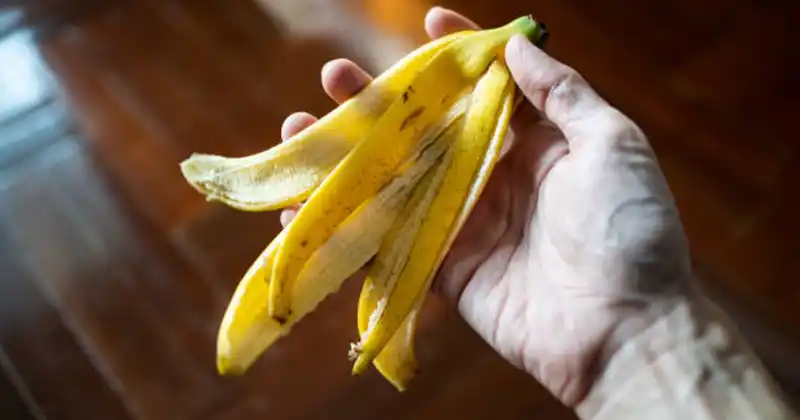Effective Strategies for Bug-Free Organic Fruit Trees
Organic fruit tree cultivation is both rewarding and challenging, especially when it comes to pest management. Keeping bugs out of your fruit trees without resorting to chemical pesticides requires a combination of strategies, vigilance, and understanding of natural ecosystems. Here’s a comprehensive guide on maintaining a healthy, bug-free organic fruit orchard.

Understanding Your Orchard’s Ecosystem
- Know Your Pests and Beneficial Insects: Familiarize yourself with common pests of your specific fruit trees, and also learn about beneficial insects that can help control these pests. For instance, ladybugs and lacewings are natural predators of many harmful insects.
Natural Pest Control Strategies
- Attracting Beneficial Birds and Insects: Birds and beneficial insects are natural predators of common fruit tree pests. Provide habitats like birdhouses or flowering plants to attract these natural allies to your orchard. Winter food and water sources can also encourage their presence.
- Using Natural Biological Control Agents: Nematodes and beneficial fungi can be introduced into the soil to control worm populations. These agents act as parasites on harmful insects and help in maintaining a balanced ecosystem.
- Pheromone Traps: Pheromone traps attract and capture male moths, reducing the population and preventing them from mating. These traps are effective for controlling codling moths, a common pest in apple and pear orchards.
- Sticky Traps and Red Ball Traps: Sticky traps wrapped around tree trunks can prevent crawling insects like ants, while red ball traps are effective against flying insects like apple maggots and codling moths. These traps mimic the appearance of fruit, luring pests and trapping them.
- Pruning and Sanitation: Regular pruning helps to eliminate hiding places for pests and improves air circulation. Removing fallen fruits and leaves from around the trees can prevent pests from overwintering and breeding.

Creating Physical Barriers
- Orchard Sox and Maggot Barriers: These are protective covers that can be placed around young fruits to shield them from pests. They are particularly effective against apple maggots and codling moths.
- Netting and Row Covers: Physical barriers like fine netting can protect the fruit trees from birds and larger insects.
Soil Health and Tree Care
- Healthy Soil: Healthy trees are less susceptible to pest infestations. Ensure your soil is rich in organic matter and well-drained. Use organic compost and mulches to improve soil health.
- Appropriate Watering and Fertilization: Regular watering and organic fertilization help in maintaining strong and healthy trees.
Organic Sprays and Treatments
- Horticultural Oils and Soaps: Neem oil, horticultural oils, and insecticidal soaps can be used to control a wide range of pests. They are effective against aphids, mites, and other soft-bodied insects.
- Diatomaceous Earth: This natural powder can be sprinkled around the base of trees to deter crawling insects.
- Homemade Sprays: Garlic, chili, or vinegar-based sprays can act as natural insect repellents.
Monitoring and Regular Inspections
- Regularly inspect your trees for signs of pest infestations. Early detection is key to controlling pests effectively.

Organic fruit tree cultivation is a holistic process that requires attention to the entire ecosystem of the orchard. By employing these strategies, you can successfully manage pests in your organic orchard without resorting to chemical pesticides. Remember, organic pest control is about balance and creating an environment that naturally regulates itself.
Inspired by this? Share the article with your friends!